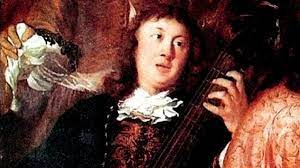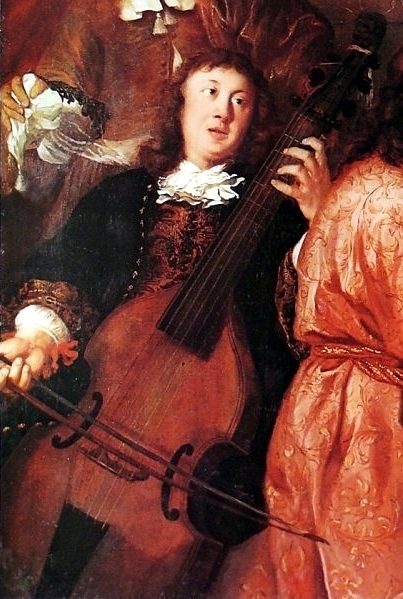Dietrich Buxtehude stands as a towering figure in the realm of Baroque music, his compositions marking a pivotal era in the development of musical expression. Born in 1637 in what is now Denmark, Buxtehude’s legacy rests upon his innovative compositions and his profound influence on the composers of his time, notably Johann Sebastian Bach.
Buxtehude’s early years are shrouded in relative mystery, but his musical talents soon propelled him into the spotlight. By the age of 20, he had secured a position as organist at the Marienkirche in Helsingborg, Sweden, where his exceptional skills at the keyboard began to garner attention. However, it was his appointment to the prestigious Marienkirche in Lübeck, Germany, in 1668, that truly cemented his reputation as a composer of significance.
During his tenure in Lübeck, Buxtehude gained renown for his organ prowess and his prolific output of vocal and instrumental works. His compositions encompass a wide range of forms, including cantatas, oratorios, chamber music, and, most notably, organ music. His organ works, in particular, exhibit a mastery of contrapuntal techniques and a profound sense of spirituality, reflecting the religious fervor of the Baroque period.
One of Buxtehude’s most enduring legacies is his contributions to the development of the organ prelude and fugue. His preludes often feature elaborate figuration and virtuosic passages, while his fugues demonstrate his skillful handling of complex thematic material. These works served as a model for later composers, most notably Johann Sebastian Bach, who famously walked over 200 miles to study with Buxtehude.
Beyond his compositional achievements, Buxtehude’s influence extended into the realm of performance practice. His Abendmusiken, or evening concerts, held at the Marienkirche, became renowned throughout Europe for their innovative programming and exceptional musicianship.
Despite his towering reputation during his lifetime, Buxtehude’s music fell into relative obscurity in the centuries following his death in 1707. However, a revival of interest in Baroque music in the 20th century brought renewed attention to his works, leading to a reevaluation of his contributions to musical history.
Today, Buxtehude’s compositions continue to captivate audiences and musicians alike with their expressive depth, technical brilliance, and profound spirituality, ensuring his enduring legacy as one of the greatest composers of the Baroque era.


Comments are closed